Have you ever wondered why we have so many sayings about the gut?

“Gut wrenching” is disturbing to the max, and “gut instinct” refers to our intuition.
“Butterflies in the stomach” indicate nervousness, and a “punch to the gut” makes us feel vulnerable. “At a gut level” is the level of honesty, “a sinking feeling in the pit of your stomach” is the fear of impending doom, and to “have guts” indicates courage and determination.
Clearly, we look to our gut for wisdom and safety!
Its instincts help to protect us from danger and aid in decision-making. And it communicates with a level of honesty we can’t always rely on from the logic of the brain or the capriciousness of the heart.
On a purely biological level, our stomach and intestinal tract – the guts – are responsible for digesting food, distributing nutrients, and processing waste.
Unfortunately, we often treat this internal soothsayer more like a garbage disposal system than a precious commodity.

Junk food, refined sugars, unhealthy fats, too much stress, wolfing down our food, and some medications all contribute to impeding the health and intelligence of our guts.
While that frosted or jelly-filled donut does sound delicious, you might want to set it aside for now…
So, let’s look at the reasons why we want to keep our gut healthy, the habits that may harm it, the foods that will help to keep it happy, and solutions to heal it.
Your Second Brain
In recent years, science has discovered some fascinating information about the innate intelligence of our digestive systems.

The enteric nervous system (ENS) is packed with a network of neurons all along the walls of the large gut tube – and it seems the ENS is responsible for much bigger jobs beyond simple digestion and elimination.
Scientists have actually nicknamed the ENS the second, or little, brain.
And its influence is substantial, as it sends out complex communications to our big brain via neurotransmitters – not the other way around as was previously thought.
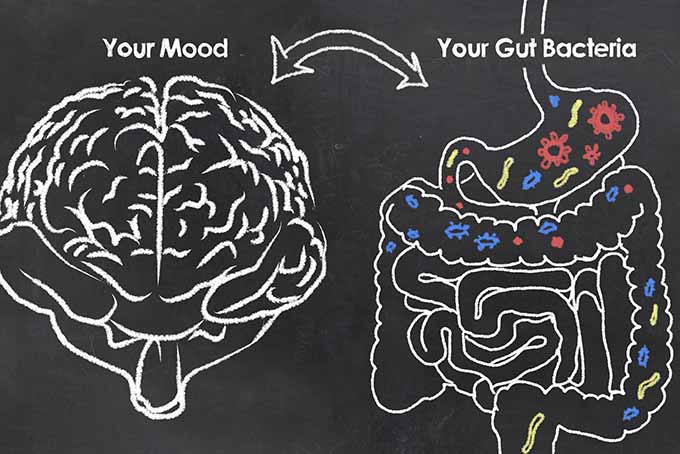
Along with the big brain, it also helps to determine our emotional and mental states.
This gut intelligence doesn’t “think” in the same way the brain in our noggins does; it’s not going to work out a monthly budget or organize your day.
But it does communicate with us via our intuition and emotions – which helps to explain all those axioms!
The Bug Factory
Aside from the innate intelligence of our gut, it’s also home to literally trillions of microorganisms, with over 400 bacterial species represented.
Collectively known as gut flora, these bacteria are busy every minute of every day carrying out their gastrointestinal tasks that assist in maintaining our good health.
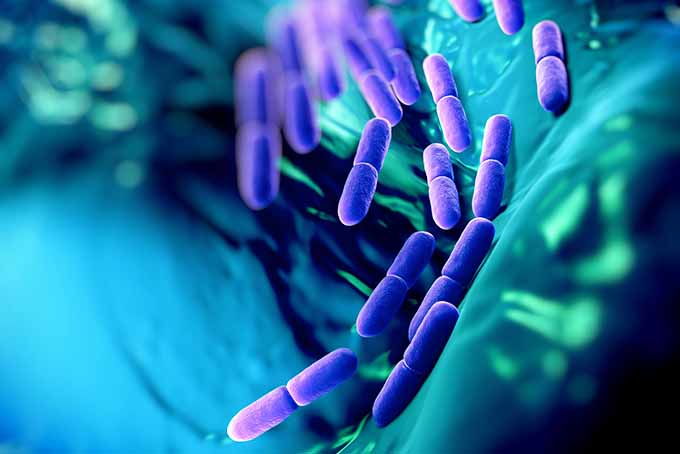
They also provide us with protection from infection, help to regulate metabolism, and play a key role in our immune systems – keeping us safe from the multitude of not-so-friendly bacteria and viruses we’re exposed to on a constant basis.
These important microorganisms are often taken for granted, and we assume (if we think about them at all) that they’ll always be there when needed.
Not so!
Some of our personal habits and eating patterns are downright hostile to our microscopic allies. And once their habitat is destroyed and numbers depleted, they won’t regenerate without our help.
Let’s look at some of the habits we can alter to give our buddy bugs, and their microbiome, the best chance for survival.
Harmful Habits and Helpful Solutions
1. Inadequate Nutrition
Not surprisingly, what and how we eat has a direct influence on gut health.

Following a diet that’s rich in nutrients and easy to digest will keep your tummy happy, and provide greater energy, as well.
Poor nutrition (from fast foods, bad fats, processed foods, and refined sugar) results in inadequate levels of minerals, vitamins, proteins, and micronutrients such as antioxidants.
When our flora isn’t thriving, the gut becomes acidic.
And what little nutritional value there is in sub-standard foods doesn’t get absorbed properly in an acidic environment. This is a sure recipe for feeling tired, lethargic, sick, and at risk for infections and disease.
To increase nutritional absorption, improve your diet by taking the following steps:
- Increase your daily intake of leafy greens and fresh veggies, and decrease red meat consumption.
- Add sprouts to your diet. Considered to be “live” foods, they contain active enzymes and friendly bacteria.
- Eat more fermented foods. Fermented foods are an excellent source of important beneficial bacteria, and eating them is an easy way to ensure you’re replenishing these vital microorganisms. We provide a little more info on fermented foods below!
- Eliminate as much refined sugar as possible – it’s fuel for the bad bugs.
- Eliminate, or at least significantly reduce, processed and fast foods.
- Increase your fiber consumption, preferably from whole foods such as pulses, fresh vegetables, and whole grains.
- Chew your food thoroughly. Wolfing down food and eating on the fly results in large, hard-to-digest chunks going into the stomach. Try to slow down, sit down, and savor each mouthful while chewing carefully.
2. Antibiotics and Other Medications
Pharmaceutical medications and antibiotics may be harmful to beneficial stomach bacteria.

Antibiotics can be relentless. They don’t discriminate in what they eliminate – they kill both harmful and helpful bacteria.
Daily medications, like oral contraceptives, have also been shown to kill off healthy bugs.
If you’re on a daily medication regime, or have been prescribed antibiotics in the last year, adopt a diet with plenty of fermented foods and/or a probiotic supplement to replenish your friendly flora.
3. Alcohol Consumption
Alcohol will also kill off healthy gut bacteria, and increases the acidity of the microbiome.

Even moderate alcohol consumption can increase intestinal permeability, which causes a loss in nutrient absorption.
Take a break from daily alcohol consumption, or switch to a glass of red wine every now and then at dinnertime to enjoy its antioxidant properties.
4. Over-Sanitization
Have you gotten into the habit of toting hand sanitizer with you, or using an antimicrobial hand wash?

These products certainly kill hostile bacteria, but their overuse can result in a weakening of the immune system, with products containing triclosan or triclocarban, two of the worst culprits.
Even alcohol-based sanitizers have proven to be ineffective in preventing gastrointestinal and respiratory infections, except in healthcare settings – the theory being that most of us don’t have the same stringent hand-hygiene routines as healthcare professionals.
Much as a vaccination or flu shot uses the strain of a virus we don’t want to build up immunity, we need low-level exposure to unfriendly bacteria to rally the good guys.
With these low levels of exposure, the beneficial bugs naturally develop defensive strength, as part of their daily routine is handling the hostiles – and this includes stomach bacteria.
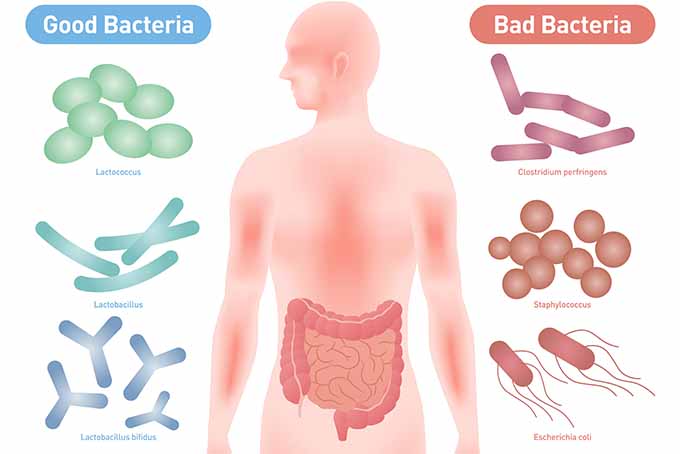
Similar to our tummies, skin surfaces, particularly palms, contain many species of benign bacteria that ride along with us for life.
These bacteria are known as “resident” flora that form colonies resistant to removal by hand washing or scrubbing with soap.
“Transient” bacteria are not present in most people and are easily spread by hand contact – think cold and flu bugs. However, transient (non-colonizing) bacteria are easily removed by washing with soapy water.
In a nutshell, we want to get rid of the transient bacteria while still retaining the resident flora, which can be done with good old soap and water.
Wash your hands vigorously for a minimum of 20 seconds with hot water and plenty of soap to take care of harmful bacteria without destroying the good ones.
Stress
A bit of stress is beneficial for us. It helps us in decision making, and is a key component in keeping us safe from external harm.

But excessive or chronic stress is decidedly detrimental.
When it comes to stomach health, chronic stress diverts blood away from our digestive tract to the major muscles and vital organs in response to fight or flight signals.
And a steady blood supply is needed to regulate gastric secretions and to maintain optimal stomach functions.
If you find yourself constantly reacting to stress in the kitchen, at work, at home, while driving, or anywhere else, use a simple breathing technique to quickly reverse its effects.

The 4×4 breath work method is simple, effective, and can be done anywhere, at any time.
Breathe in through your nose, expanding your belly, for four seconds. Hold for four seconds, then breathe out through your mouth like you’re whistling for four seconds.
Repeat a few times or until you feel calmness and clarity returning.
Fermented Foods
To rebuild and maintain healthy gut flora in our digestive systems, one of the easiest methods is with regular consumption of fermented foods.
And there is a fun variety of scrumptiously sour food items for you to enjoy!
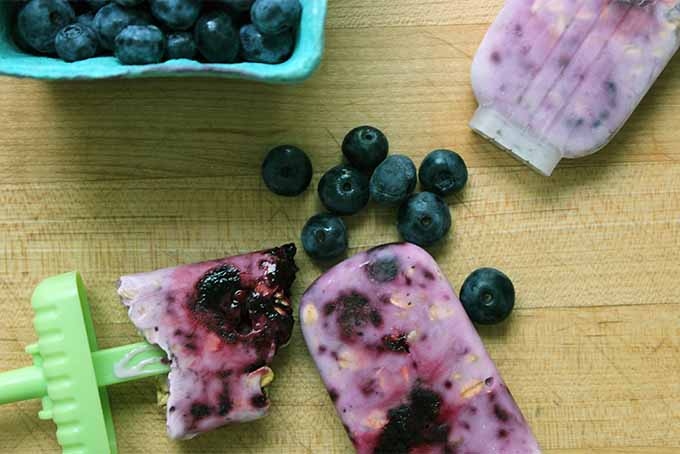
Let’s not forget our veggies…
Pickled vegetables like sauerkraut, pickled cucumbers, and kimchi are all deliciously fermented food sources. Try fermented soybean food products like miso paste and tempeh, as well!
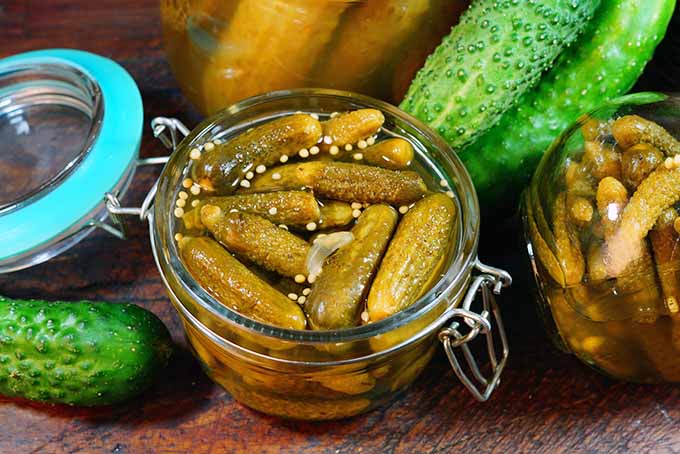
Interested in learning more? To get a more detailed review detailing each of these food sources, read our article on the best fermented food items for your gut.
And if you would like to know even more about creating your own spicy ferments, get to know the process a little better by listening to the fourth episode of the Foodal Podcast.
Managing editor Allison Sidhu discusses the world of spicy, fermented condiments with Kirsten and Christopher Shockey, fermentation experts and authors of a new cookbook called Fiery Ferments.
No Guts… No Glory
Good health is definitely a glorious blessing! And a happy, healthy gut has an extensive effect on not only our physical health, but our emotions and mental state as well.
Luckily, it really doesn’t take much to provide your tummy with the fuel and healthy environment it needs to thrive and flourish.
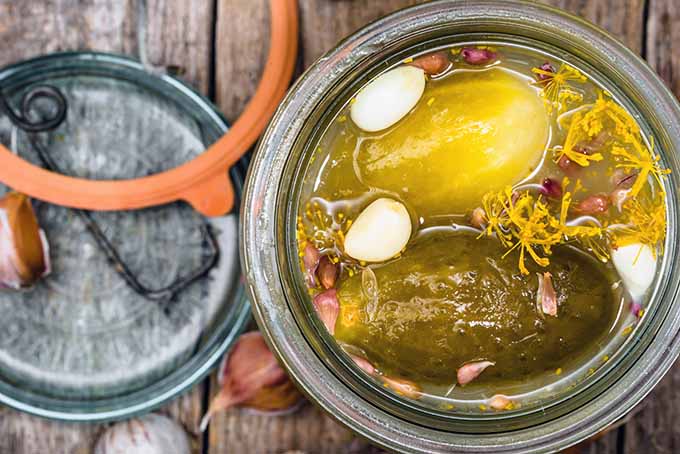
Remember to reduce the bad habits of eating processed and fast foods, and bust chronic stress whenever it occurs. And increase your gut flora by adding a daily serving or two of fermented foods that contain live active cultures.
Plus, if you take daily medications or antibiotics, a probiotic supplement will help to replenish your friendly flora.
What about you folks – any tips you’d like to share for healthy, happy tummies? Drop us a line in the comments below.
Don’t forget to Pin It!
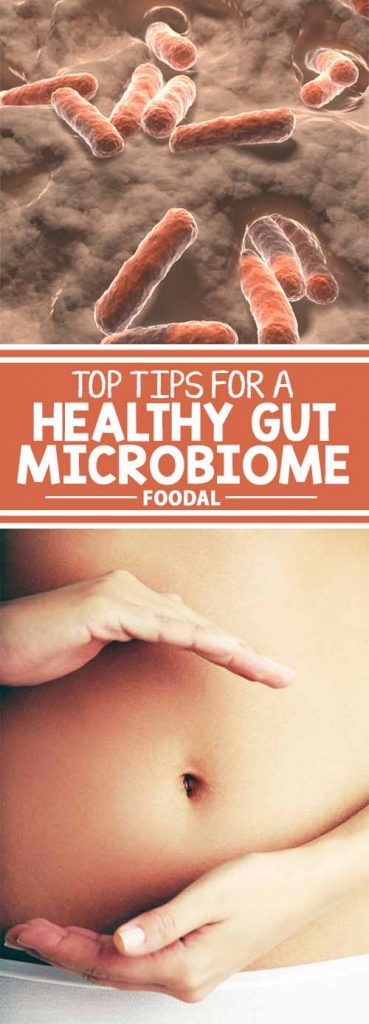
Photo by Kendall Vanderslice, © Ask the Experts, LLC. ALL RIGHTS RESERVED. See our TOS for more details. Uncredited photos: Shutterstock.
The staff at Foodal are not medical professionals and this article should not be construed as medical advice. Foodal and Ask the Experts, LLC assume no liability for the use or misuse of the material presented above. Always consult with a medical professional before changing your diet, or using supplements or manufactured or natural medications.
About Lorna Kring
Recently retired as a costume specialist in the TV and film industry, Lorna now enjoys blogging on contemporary lifestyle themes. A bit daft about the garden, she’s particularly obsessed with organic tomatoes and herbs, and delights in breaking bread with family and friends.



